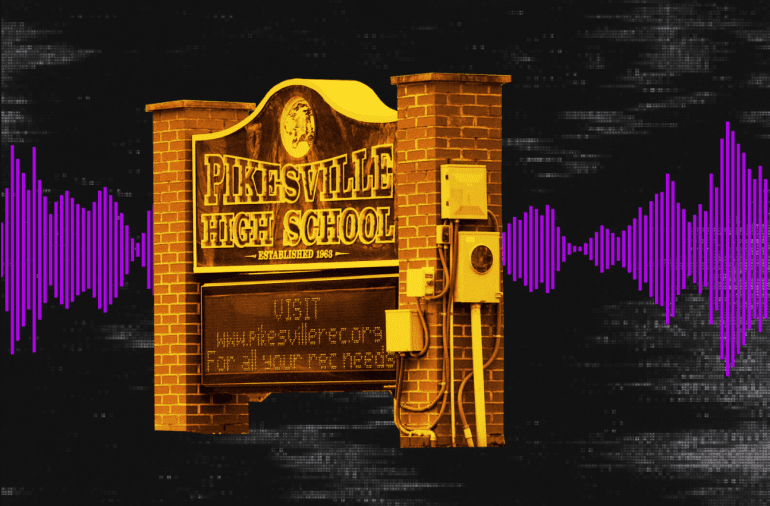- Former athletic director accused of using AI voice clone to fabricate racist remarks attributed to high school principal.
- The recording was analyzed by experts and law enforcement, showing inconsistencies indicating manipulation.
- The alleged perpetrator was traced through school resources and digital footprint, leading to an arrest.
- The incident sheds light on the misuse of AI voice cloning technology and its potential ramifications.
- OpenAI restricts access to its text-to-voice generation platform amid growing concerns.
- US lawmakers introduce bills to regulate the use of AI in replicating individuals’ voices and identities.
Main AI News:
Allegations have surfaced against a former athletic director and physical education instructor from a Baltimore County high school, who stands accused of employing an AI voice cloning service in an attempt to discredit the school’s principal.
Reports from The Baltimore Banner reveal that Baltimore County police have cast doubt on a recording circulated on social media in January, purportedly featuring Pikesville High School principal Eric Eiswert making racist and antisemitic remarks. According to experts consulted by both The Baltimore Banner and law enforcement, the recording exhibited characteristics inconsistent with authentic speech, such as a flat tone, remarkably clean background noise, and a lack of typical breathing patterns or pauses.
Authorities allege that the individual responsible for fabricating the recording is Dazhon Darien, a former athletic director at the school who was implicated in the audio clip. It is claimed that Darien exploited school resources to access OpenAI tools and Microsoft Bing Chat services, as per reports from WBAL-TV 11 and NBC News. Additionally, investigators were able to trace the origins of the audio to Darien through an associated email address and recovery phone number.
Darien was apprehended by Baltimore County police on Thursday at the airport, with officials stating, “It’s believed Mr. Darien, who was an Athletic Director at Pikesville High School, made the recording to retaliate against Mr. Eiswert who at the time was pursuing an investigation into the potential mishandling of school funds.” Following his arrest, Darien posted bail and now faces multiple charges, including theft (related to the alleged mishandling of school funds), disruption of school operations, witness retaliation, and stalking.
The incident highlights the increasing prominence of AI-powered voice cloning technology, which has garnered attention for its ability to mimic human speech convincingly. However, such capabilities have also raised concerns about misuse. Examples abound, including the use of commercially available text-to-voice platforms to imitate public figures like Imran Khan, the former prime minister of Pakistan, and even fabricate political messages impersonating President Joe Biden. In response, the Federal Communications Commission prohibited the use of AI-driven robocalls in February.
In light of these controversies, OpenAI took a proactive stance in March, opting to restrict public access to its AI text-to-voice generation platform, Voice Engine. Recognizing the potential risks associated with unregulated use, the service is now available only to a select group of researchers, underscoring the need for stringent oversight in this domain.
Meanwhile, legislators in the United States have introduced bills such as the No Fakes Act and the No AI Fraud Act, aimed at safeguarding individuals from unauthorized use of their likeness, voice, or identity by technology companies. While these bills await passage, they reflect ongoing efforts to address the ethical and legal implications of rapidly advancing technologies like AI voice cloning.
Conclusion:
The scandal involving the misuse of AI voice cloning technology underscores the need for heightened scrutiny and regulation in the burgeoning market of artificial intelligence. As incidents like these continue to surface, businesses and policymakers must collaborate to establish robust safeguards against potential misuse, ensuring the ethical and responsible development and deployment of AI technologies.

